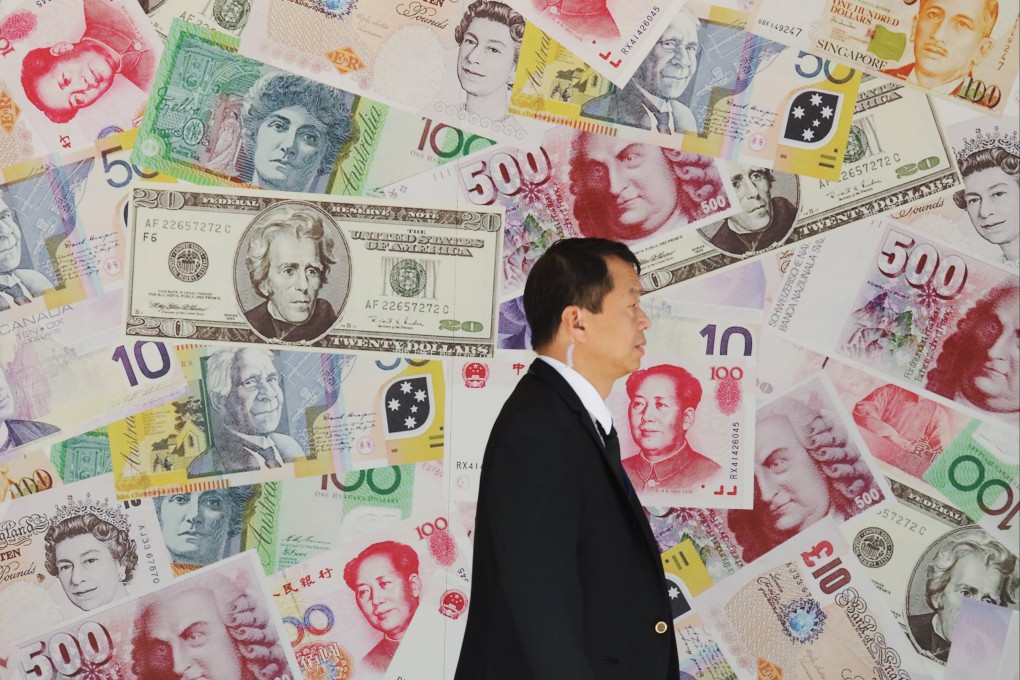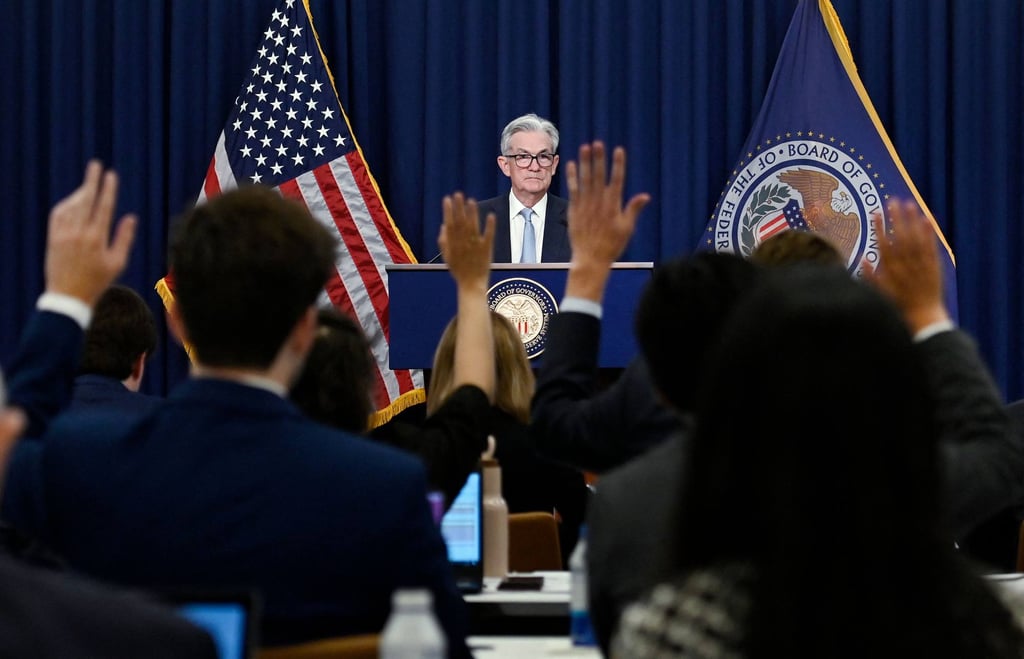Editorial | Hong Kong should make no mistake, high interest rates are here to stay
- As the US Fed raises the cost of borrowing again and warns there may be more to come, the city must brace for pressure on its currency, more market volatility and mortgages pain

As the US Federal Reserve engineered the biggest interest rate increase in more than a quarter of a century to rein in runaway inflation, it faces accusations that it was asleep at the wheel. Whether the criticism is justified, Hong Kong will pay a price as borrowing costs jump and so-called hot money makes an exit.
At a time when the local economy is reeling from the impact of the Covid-19 pandemic, the tough monetary tightening is unwelcome, but not unexpected.
The world’s most powerful central bank on Wednesday raised its benchmark rate by 0.75 percentage points and warned another increase of a similar size was on the cards. It is showing determination to tame inflation.
The question now is whether the tightening will induce a recession in the United States and elsewhere.

Thanks to the currency peg, the Hong Kong Monetary Authority has immediately followed in lockstep by pushing up its base rate by the same amount, or 75 basis points, to 2 per cent. The city’s finance policy bosses have reassured the market that it has ample liquidity to address any short-term depreciation of the Hong Kong dollar.
Hong Kong, after all, sits on a HK$4.6 trillion (US $586 billion) war chest with the Exchange Fund while the local banking system is fully liquid with HK$280 billion flowing around. The city’s financial system is well prepared, at least for now.
